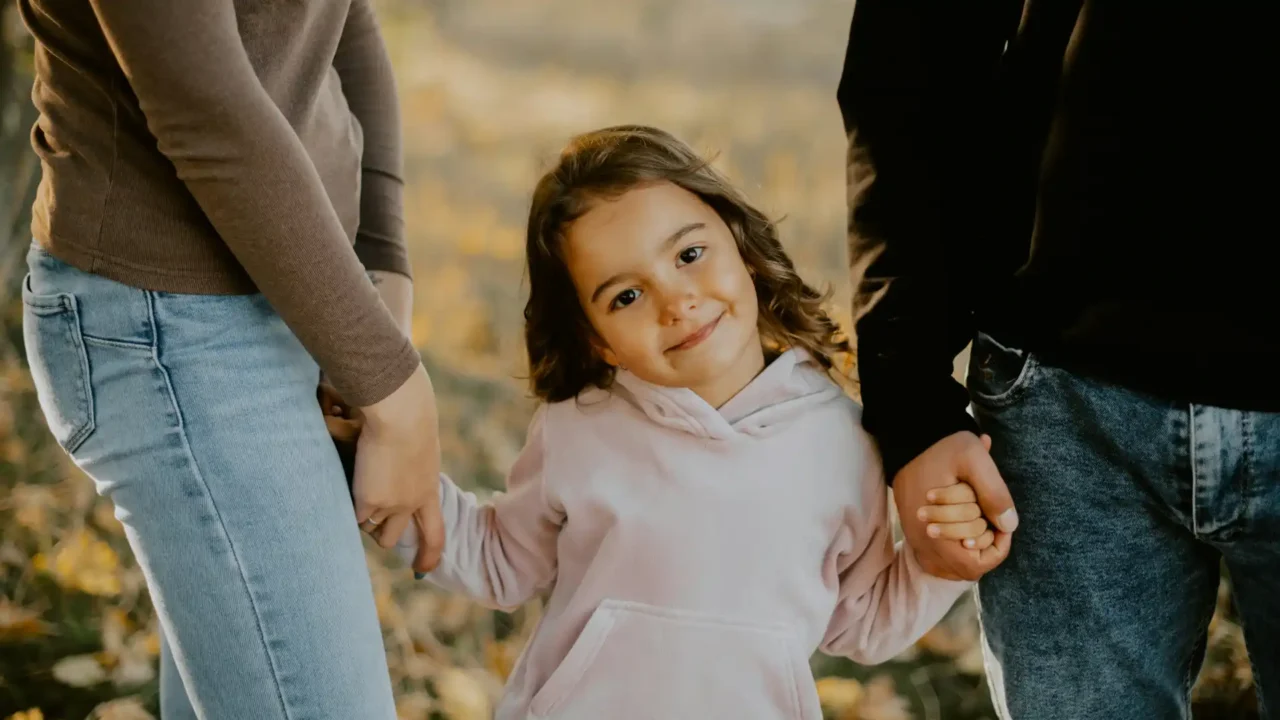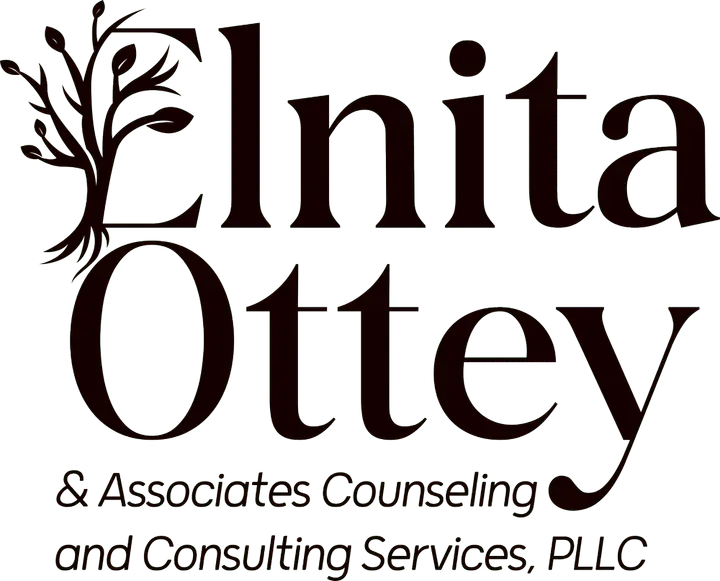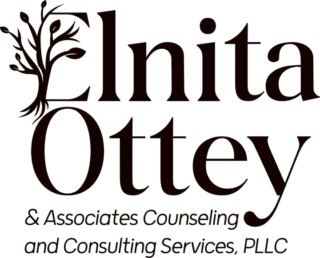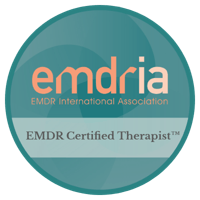If you’ve ever struggled with trust, closeness, or feeling emotionally safe in relationships, you’re not alone. These are often signs of insecure attachment, shaped early in life but still affecting how we connect as adults. The good news? You can heal—and you can learn how to build secure relationships that feel safe, balanced, and emotionally fulfilling.
Just because you didn’t grow up with consistent emotional support doesn’t mean you’re destined to repeat those patterns forever. With intention, support, and the right therapeutic tools, it’s possible to develop secure attachment—even as an adult.
What Is Secure Attachment?
Secure attachment means you feel safe both giving and receiving love. It allows you to trust others, set healthy boundaries, and maintain emotional balance even when relationships become stressful. People with secure attachment tend to be comfortable with closeness and independence, can regulate their emotions effectively, and view themselves and others in a generally positive light.
But for many, this doesn’t come naturally. If you grew up in an environment where your emotional needs were ignored, minimized, or inconsistently met, you may have developed one of the insecure attachment styles—anxious, avoidant, or disorganized. These patterns can show up in adulthood as fear of abandonment, difficulty expressing needs, avoiding intimacy, or feeling emotionally overwhelmed in close relationships.
Steps to Becoming Securely Attached
While healing isn’t instantaneous, it is absolutely possible. With self-awareness and support, you can begin building the foundations of secure attachment.
✔️ Heal from past attachment wounds
Unresolved childhood experiences—like emotional neglect, rejection, criticism, or abandonment—can become barriers to healthy relationships in adulthood. These wounds can cause you to react to current situations through the lens of past pain. Healing means gently exploring those early patterns and understanding how they continue to affect your behavior, expectations, and beliefs.
✔️ Challenge negative self-beliefs
Children who didn’t feel loved or accepted often internalize harmful messages like “I’m not enough,” “I don’t matter,” or “I’ll always be alone.” These beliefs follow us into adult relationships and shape how we allow ourselves to be treated. Begin by noticing these inner narratives and practicing compassionate self-talk. Replace “I’m not lovable” with “I am worthy of love and connection.” You may not believe it fully at first, but over time, these new beliefs can reshape how you feel and how you relate to others.
✔️ Learn emotional regulation skills
Secure attachment is closely tied to emotional regulation. When you can name your emotions, soothe your nervous system, and respond rather than react, relationships feel safer and more predictable. Practice deep breathing, mindfulness, or grounding exercises. Learn to take a pause before reacting. These skills not only support your own well-being, but they also help create a sense of emotional safety for those around you.
✔️ Seek therapy that targets attachment trauma
While self-help strategies can be effective, working with a therapist is often the most transformative step. Therapies that specifically address attachment trauma—like EMDR, can help you reprocess painful memories, shift negative beliefs, and create new patterns of relating. You don’t have to do this alone.

How EMDR Therapy Supports Secure Relationship Building
Eye Movement Desensitization and Reprocessing (EMDR) therapy is a powerful, evidence-based approach originally developed to treat trauma. Today, it’s also widely used to support individuals struggling with attachment issues, especially those rooted in early childhood.
✔️ Reprocesses painful memories so they no longer define your self-worth
EMDR helps clients revisit key memories—often moments of rejection, shame, or abandonment—that are stuck in the nervous system. Through bilateral stimulation (such as eye movements), the brain is guided to process these memories in a healthier, more adaptive way.
✔️ Reduces fear of abandonment or emotional rejection
People with insecure attachment often carry a deep, unconscious fear of being left or unloved. EMDR helps calm this fear, allowing you to feel safer in relationships and more confident in expressing your needs.
✔️ Helps create healthier relationship patterns based on trust and safety
As EMDR reduces the emotional charge of past wounds, it becomes easier to relate to others with openness and balance. Clients often report improved communication, healthier boundaries, and a greater sense of connection.
💡 Healing from insecure attachment is a courageous and deeply rewarding journey. Whether you struggle with emotional distance, fear of intimacy, or difficulty trusting others, know this: you are not broken, and you are not alone.
Elnita Ottey, LCMHC, provides EMDR therapy to help individuals break free from attachment wounds and build strong, secure, emotionally healthy relationships. Therapy is offered both in-person and virtually to support your healing journey wherever you are.
- In-person therapy is available in Monroe, NC, and the Charlotte Metro area.
- Virtual therapy is available to clients in Oregon, Oklahoma, Colorado, South Carolina, Tennessee, Vermont, and North Carolina.
📍 Learn more or schedule a consultation at www.elnitaottey.com
🔎 Find an EMDRIA-certified therapist near you at www.emdria.org








